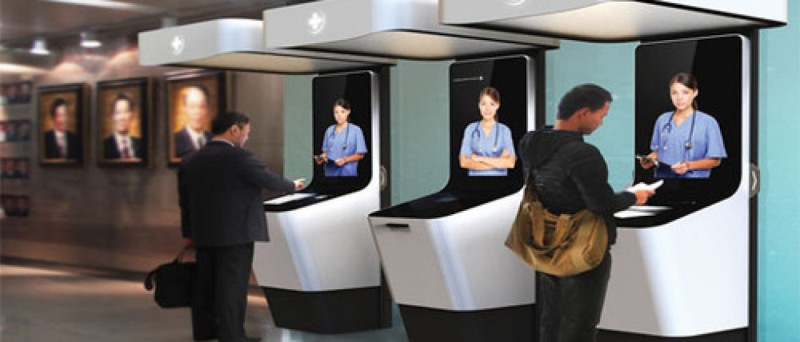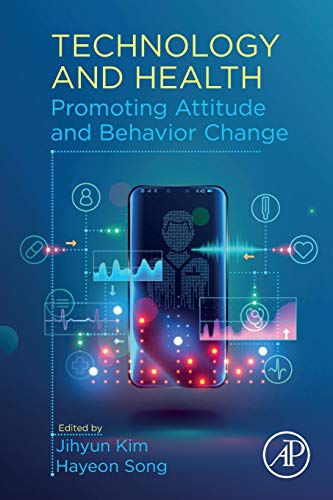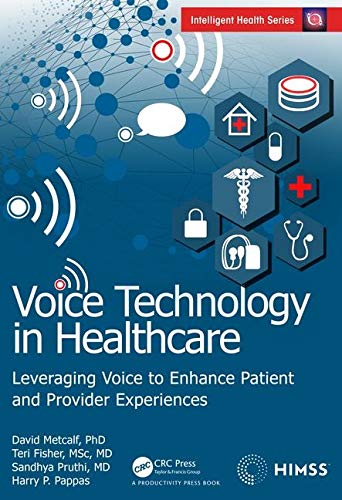The world is changing at full speed. At the rate of artificial intelligence, what will the healthcare industry look like in the years to come?How AI work for healthcare?
Health and artificial intelligence
Artificial intelligence is advancing rapidly, and it is not premature to say that it will revolutionize many professional sectors. Of course, this also applies to health, but to what extent? The cabinet Frost & Sullivan has published a study that looks at advances in artificial intelligence in this area.
What comes out is that this market had to reach $ 6 billion in 2024, when we were only $ 600 million 2 years ago. Cognitive solutions like the Watson system, developed by IBM (which recently acquired Truven Health) and currently used by nearly 30 companies, manage a lot of medical data and improve accuracy and workflow. A quick look at how improving artificial intelligence can impact care and health management.
Help with diagnosis
The basic knowledge that every health care professional needs to have approximately doubles every year. Therefore, staying up to date with the latest medical information is next to impossible. Watson’s artificial intelligence performs this task itself, sifting through all of this information and reporting the most relevant models to best treat patients according to their specificities. Watson Oncology, for example, explodes thousands of articles and cases to help the doctor identify the best treatment for each type of tumor.

Better treat diseases
Cognitive Scale is a company based in Austin, Texas. She is behind a tool called Cognitive Clouds, which offers food for thought for people with chronic illnesses (we were already talking about it here). The system is currently being used by Intermountain Healthcare, Utah, in a pilot program to assist adolescents with type 1 diabetes in their transition to independent treatment for adults. The goal, according to the company, is to reduce the number of future hospitalizations and ensure better outcomes.
Improve management
Hindsait has developed a SaaS platform (software as a service) which allows payers and healthcare organizations toidentify potentially services unnecessary during the review and review processimprove the quality of care. The system uses natural language processing, a clinical guideline database and predictive analytics to assign a “confidence score” which helps decision-making and administrative consistency.
This platform has been in use by Magellan Health for the past year. Among other things, artificial intelligence technology has improved Magellan’s management system by improving clinical quality, revenues, and improving the consistency and productivity of care examiners.
The following books are great for discovering how AI work well with healthcare
AB SMART HEALTH health home & BUILDING REVIEW






























